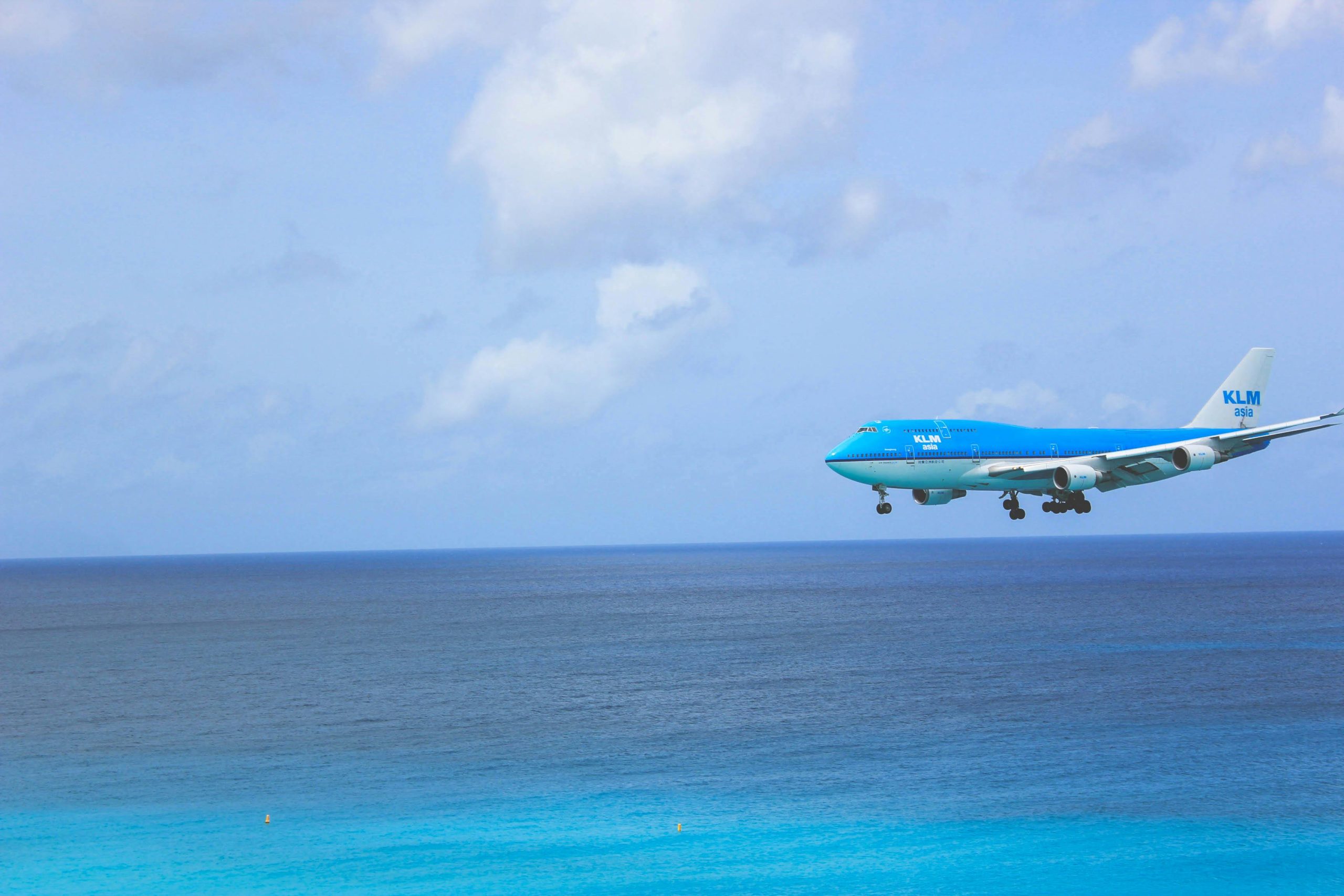This Article Was Generated By AI.

The Metaphor of Distance
What exactly is travel? People often say, “Travel ten thousand miles and read ten thousand books,” equating travel with reading, as though both effortlessly broaden the mind. But is travel truly as simple as most believe?
I have seen many travelers, cameras in hand, rushing from one attraction to another like bees gathering pollen, eager to collect as many “sights” as possible in the shortest time. Their travels amount to nothing more than the movement of flesh. When they return home, aside from a few photos and souvenirs, their inner world remains unchanged, untouched by the journey. What difference is there, in essence, between such travel and a caged bird being carried to a new place?
True travel should be a departure of the spirit. What makes us human is our capacity for thought and reflection. The meaning of travel lies not in how far you go but in how far you stray from your habitual ways of thinking. A person who has never left their birthplace may understand travel better than a globetrotter—if their mind remains open enough to constantly question and transcend itself.
The most precious moments of a journey are often the unplanned encounters. An old man met while lost, a chance conversation during a train delay, even an unexpected downpour—these so-called “disruptions” are, in fact, the essence of travel. The meticulously planned itineraries are but fragile excuses for the spirit to wander. As the Persian poet once wrote, “O traveler, what you seek is also seeking you.”
The streets of a foreign land possess a peculiar magic—they restore our sensitivity. Scenes that would go unnoticed at home suddenly seem vivid and new abroad. This freshness does not come from the scenery itself but from the shift in our gaze. Travel forces us to remove the glasses of habit and observe the world—and ourselves—with unfamiliar eyes. When the scent of a French bakery, the chimes of an Indian temple, or the clamor of an African market become part of daily life, we suddenly realize that our accustomed way of living is but one possibility among countless others.
Yet modern travel is losing this meaning of spiritual departure. Globalized hotel chains, standardized tours, and the omnipresence of the internet allow people to replicate their comfort zones even in the most distant lands. Such travel is merely relocating home rather than truly stepping outside oneself. What people seek is the consumption of exoticism, not the adventure and growth of the spirit.
The most profound journeys may happen within familiar cities. When we re-examine the streets we’ve walked for years with a stranger’s gaze, when we discover the extraordinary in the mundane, this displacement of the soul may be far more radical than any geographical voyage. Kafka rarely left Prague, yet his works reveal the deepest of spiritual wanderings.
Travel, in the end, is a metaphor—a symbol of humanity’s eternal cycle of departure and return. We leave so that we may look back with new eyes; we wander so that we may better understand what home is. Those who truly comprehend travel know that the stamps in a passport matter far less than the windows opened in the soul.
The frontiers of the mind are far vaster than the borders on any map.



